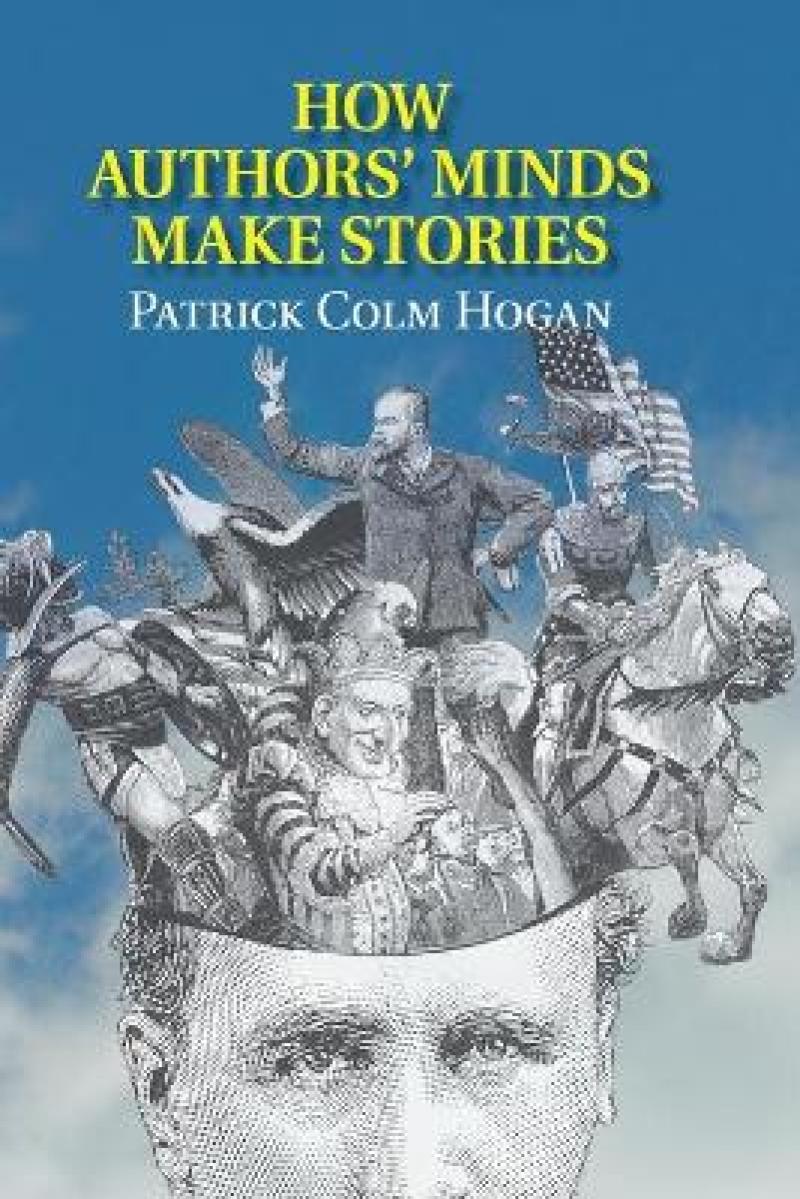“From his groundbreaking work on how the mind’s stories resonate with themes that occur all around the world, Patrick Hogan takes on the question of how minds make stories. His answer is that it is by the same sort of imagination that we humans use to know each other. Hogan ranges cogently through examples from William Shakespeare’s Hamlet and Jane Austen’s Emma to Franz Kafka’s Metamorphosis. He ends with an afterword, inspired by Italo Calvino, of a kind you won’t find in any other academic book. Marvelous.”
– Keith Oatley, University of Toronto
“Patrick Hogan’s provocative discussion of the role of simulation in literary composition demystifies literary narration by relating it to familiar mechanisms of reasoning and simulation. More important, he makes explicit cognitivist attempts at explanation so that we can try to evaluate how far cognitive approaches to narrative just provide an alternative vocabulary, and how far they offer additional explanatory power. As Hogan models the processes that underlie the creation of literary works, he outlines of a valuable program for poetics.”
– Jonathan Culler, Cornell University<
"...This engaging and thoughtful written account, [however], goes beyond traditional approaches of literary criticism.... Drawing on recent work in neurophysiology, primed memories, childhood experiences, and theories of mind, Hogan makes a significant contribution to both cognitive and literary studies.... sheds light on the uniquely human mental faculty of authors to entertain counterfactual situations and render them in well-crafted, descriptively precise word.... Highly recommended..."
--R.M. Davis, emeritus, Albion College, CHOICE
